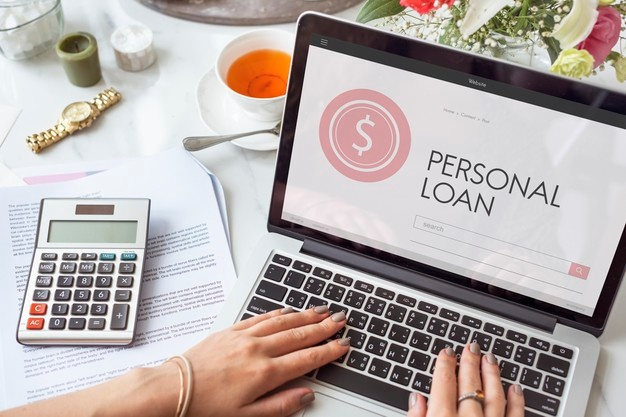Table of Contents
When you need to spend money that exceeds your savings, you may have to take on debt to pay for the purchase. If you need the flexibility, you can use revolving credit, such as a credit card.
It might be better to get a loan if you need money on an occasional basis. An installment loan is one you repay over a set term. You repay monthly until the loan is paid off.
Big banks don’t often offer loans, and those that do often have stringent credit score requirements and force customers with less than a 670 score to turn them away. The good news is that there are plenty of financial institutions offering loans, including a growing number of credit unions and lenders that operate online.

Personal Loans Can Be of Many Types
There are several types of personal loans, but the most common is an unsecured, fixed-rate loan. But some lenders may offer you other loan options. You should shop around as you compare lenders.
Unsecured Loans
Auto loans use your car as collateral, so in the event you can’t repay the loan, the lender has the right to repossess your car. Personal loans are usually unsecured, which simply means a collateral isn’t required to guarantee a loan.
In contrast, an unsecured personal loans doesn’t have a physical asset backing it, so if you have trouble making your payments, the lender can’t take your home away from you. An unsecured loan is typically secured by your credit history and that of a cosigner. If you’re in the market for one, you’ll have to have a good credit score.
If you cannot repay your unsecured loan, you could still suffer negative consequences. Late payments will hurt your credit. If you do not make payments, your account may go to collections and seriously damage your credit rating.
In general, unsecured l loans are generally only available if you have good credit, since collateral is not required. As a result, they’re typically riskier for lenders.
Secured Loans
It is possible to get personal loans even if your credit needs improvement, but it might have to be secured by a mortgage. You must provide the lender with an asset to guarantee the loan, such as a vehicle, savings account, or deposit certificate.
This means that secured loans usually have lower interest rates than unsecured ones since the lender has less risk in the event you can’t pay.
Fixed-Rate Loans
The benefit of personal loans is that they are usually fixed-rate, which means that the interest rate remains the same throughout the life of the loan, as does the monthly payment. The benefit is that you will know exactly how much you will have to pay each month, making it easier to budget for.
With a personal loan calculator, you’ll also be able to estimate your monthly payments before you apply.
Adjustable-Rate Loans
The interest rate of adjustable-rate personal loans tends to be higher than that of fixed-rate loans, rather than staying the same forever.
As all adjustable-rate loans start off relatively low, the interest rate may increase depending on the market conditions, so the monthly payment may increase or decrease.
Even though interest rates are typically capped to prevent you from paying more than a certain amount, you still run the risk of getting stuck with a higher rate and unpredictable monthly payments. Taking out an adjustable-rate loan is only advisable if you are able to repay it quickly.
